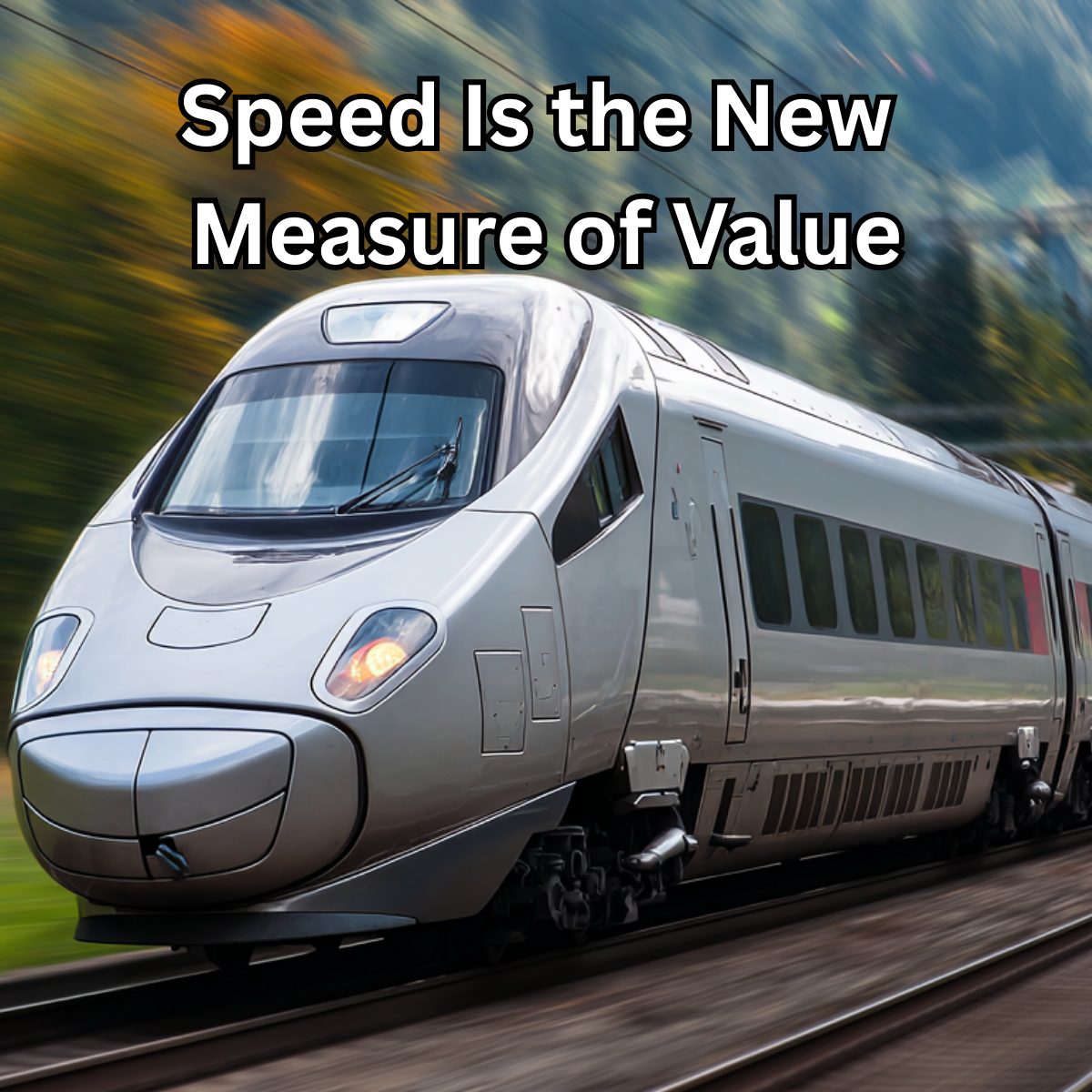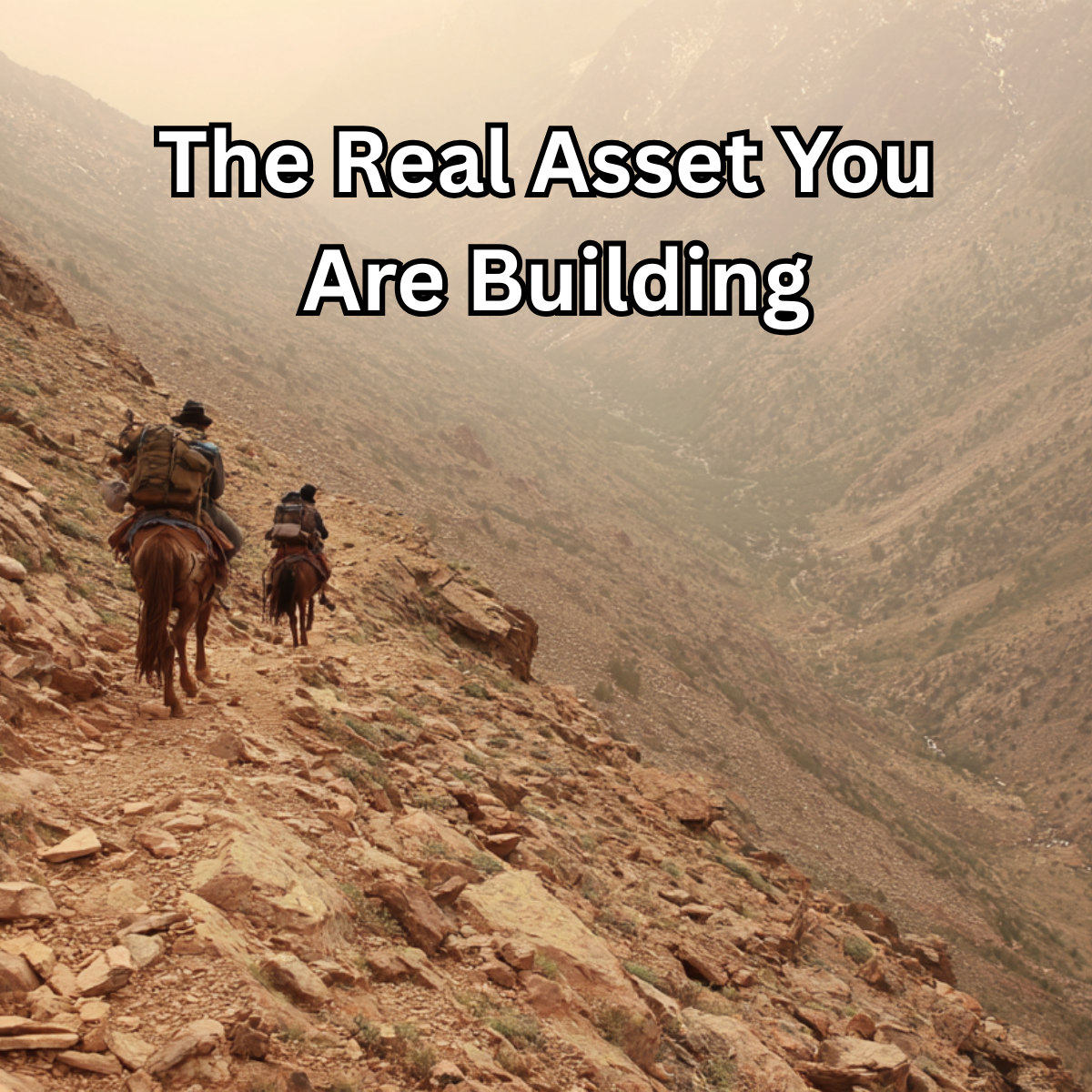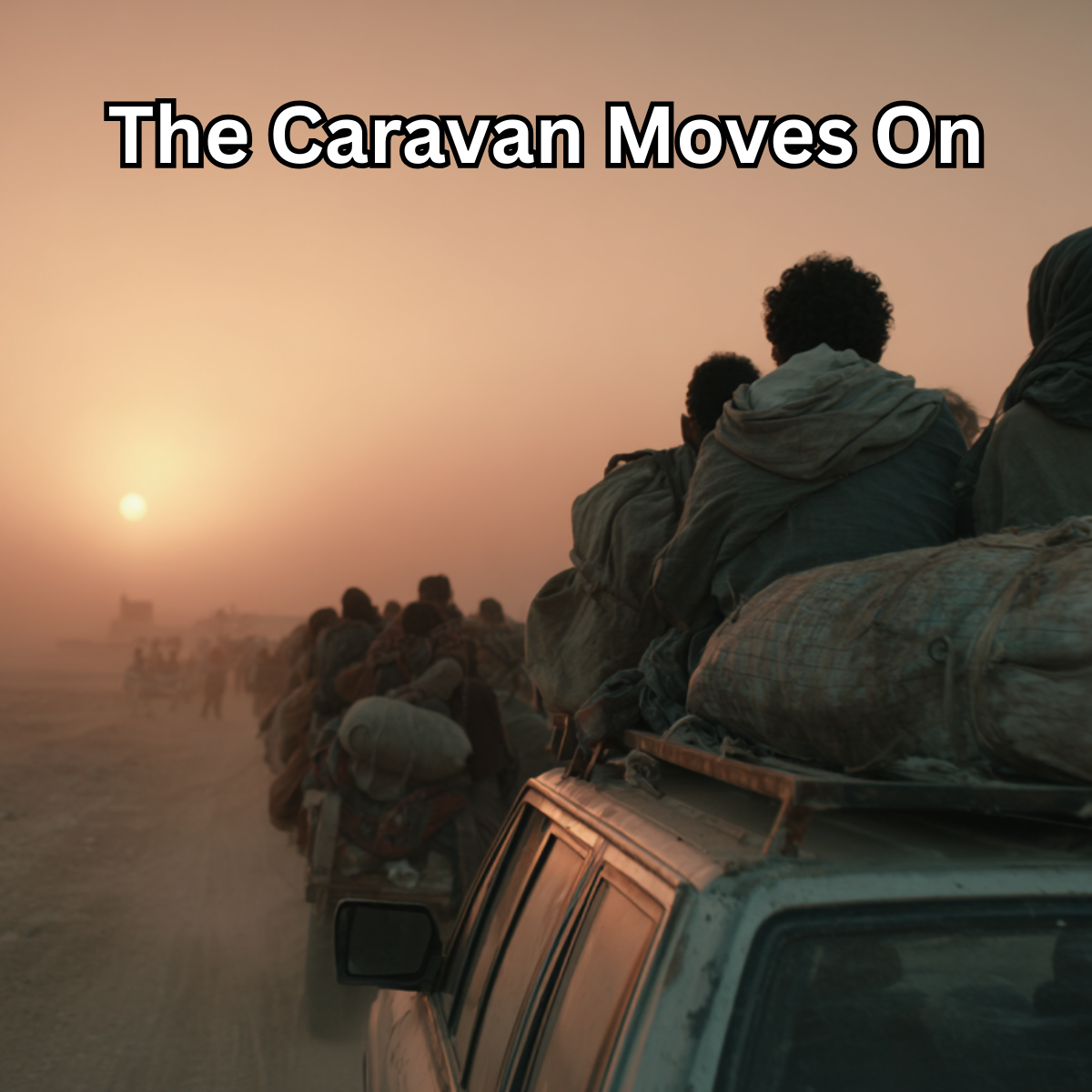‘Please’ and ‘thank you’ that’s the secret of the Nile! -Uniqua
While at a store yesterday, I approached the self-checkout line and found myself behind a man whose appearance initially gave me pause. His attire might have raised eyebrows in certain settings; it included potentially provocative clothing, tattoos in noticeable places like his neck and face, and a variety of metal ornaments and piercings. The imagery of his tattoos and the boldness of his style hinted more at defiance than at social graces. However, my preconceived notions were swiftly dismantled. As I prepared to wait my turn, he courteously gestured for my daughter and me to proceed before him. When I hesitated, his simple utterance of ‘Please’ spoke volumes, challenging the stereotype I had unwittingly applied to him.
Raised with the belief that one’s choice of words is a reflection of their personal and familial upbringing, I’ve always held language in high regard. It was ingrained in me that the words we select not only represent ourselves but also our family heritage and aspirations. Language serves as a clear indicator of our intentions, motives, and demeanor. With a sense of urgency, I was taught to embed politeness in my vocabulary, making phrases like “Please” and “Thank You” an integral part of my interactions. Courtesy was emphasized as paramount in all forms of engagement within society.
Standing in that checkout line, it was evident that the man and I hailed from distinctly different backgrounds, with divergent racial, cultural, and artistic preferences. Yet, in that brief exchange, a shared value shone through—our upbringing underlined by the insistence on common courtesy. Despite our differences, it was apparent that both of us were nurtured by individuals who deemed respect and politeness as foundational in every social interaction.
Are civility and courtesy becoming relics of a bygone era? In my daily social encounters, I’ve observed a shift in how these traditional gestures are received. Traditionally, exchanging pleasantries such as a friendly ‘Good Morning’ was commonplace. Yet, in recent years, I’ve noticed a discernible change. While older generations often reciprocate with a warm and well-mannered response, the younger demographic seems to react differently. They tend to avoid engagement, adjusting their airpods and quickening their pace as if my acknowledgment were an unwelcome intrusion.
Similarly, the act of holding the door open, once considered a fundamental expression of courtesy, particularly for men, now occasionally elicits suspicious glances rather than appreciative nods. These experiences lead me to ponder – is it merely my perception, or are we genuinely witnessing a gradual erosion of basic social etiquette? The question looms large: are the foundational elements of civility being overshadowed in our evolving societal dynamics?
The surge of vitriol pervading social media platforms is palpable, seeping into the television shows we watch, the social feeds we peruse, and the music we listen to. It fosters an entrenched “us versus them” mentality, casting those with differing opinions as the ‘other’—be they labeled MAGAs, Marxists, or any other pejorative term du jour. The irony, however, lies in the ubiquity of ‘those people.’ Regardless of one’s stance on any issue, daily life inevitably involves interactions with the other side—be it in line at the store, dining in the same restaurant, or standing side by side at the gas pump.
Online, it’s effortless to fall into a pattern of cynicism, sarcasm, and harsh critique of others and their viewpoints. Yet, the dynamics shift profoundly when interactions move from the virtual sphere to the tangible world. Face-to-face, the human element transforms the discourse, tempering the impersonal harshness that thrives online. Could this be the reason behind a growing tendency to shy away from direct human interaction? Is the comfort of digital anonymity driving a wedge in our ability to engage in civil, in-person discourse, even as we navigate a world where opposing viewpoints are an inescapable reality?
My wife’s father possessed a remarkable capacity for civility, a trait that stood out starkly against the backdrop of his life experiences. Born into a Depression-era, Chicago-based family amidst the tumultuous times of mass migration from the South, he was no stranger to adversity. His journey, marked by service in two wars and the trials of running his own business, exposed him to the full spectrum of human behaviors, including racism, hatred, bigotry, deception, and other forms of malice. Yet, in the face of adversity, his demeanor remained unshakeably civil and courteous.
When interacting with those who harbored animosity towards him, he approached the situation with a mild-mannered grace, wishing them well with genuine intent. His disarming smile and ability to defuse tension with understated responses to criticism were remarkable. Observing his approach has often led me to ponder: is this the epitome of how one should conduct themselves? His example challenges us to consider the strength and impact of maintaining civility and kindness, even in the most trying circumstances.
Reflecting on the wisdom imparted by my wife’s father, I’ve come to embrace the notion that civility and courtesy are indeed vital in our interactions, regardless of the broader societal tensions that surround us. On a macro level, issues might seem insurmountable and divisions deep, but on a personal level, human connections tell a different story. The veil of anonymity may embolden divisive rhetoric, yet when individuals share a space—like a simple bus stop—the dynamic shifts. Suddenly, it’s just two people, each with their own mosaic of opinions and life experiences.
Through these interactions, I’ve come to a realization: often, the common ground I share with those I perceive as adversaries is more extensive than I’d like to admit. It seems then that maybe Uniqua was onto something profound. Amidst the complexities of human relations and societal discord, the solution might be beautifully simple. Perhaps the key to navigating our differences lies in embracing the elemental power of basic courtesies—just remembering to say “Please” and “Thank you.” These words, simple yet profound, could be the stepping stones towards bridging gaps and building a more understanding and respectful society.




